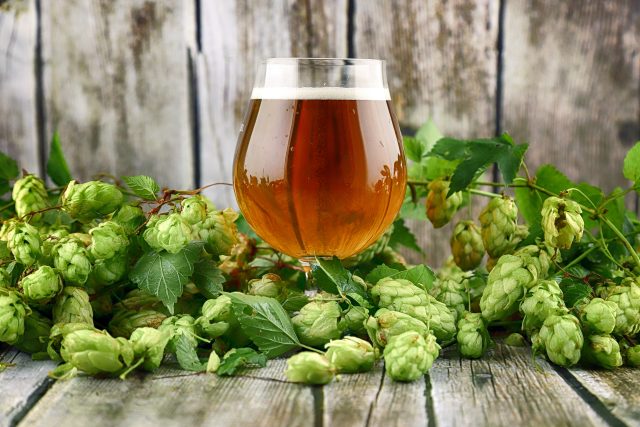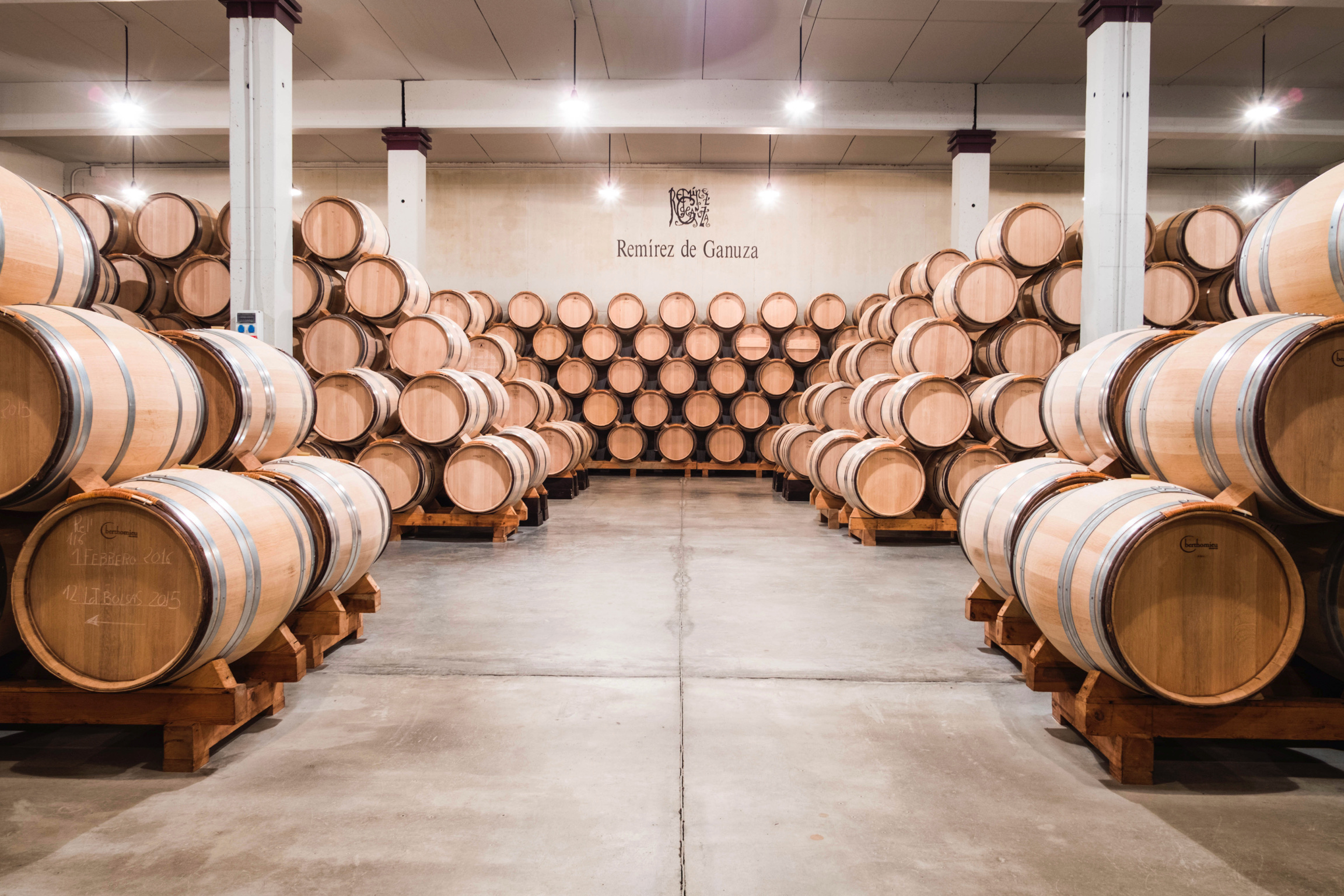This website uses cookies so that we can provide you with the best user experience possible. Cookie information is stored in your browser and performs functions such as recognising you when you return to our website and helping our team to understand which sections of the website you find most interesting and useful.
Why new organic hops could save British beer from climate change
New varieties of organic hops resilient to climate change are being trialled in East Sussex and Worcestershire.

The trials, which developed from the Innovative Farmers’ Hop Trial, are taking place on two farms and have identified varieties of hops that showed promise in coping with higher temperatures and increased disease resistance.
Speaking about the experiments, Greg Pilley, managing director of Stroud Brewery in Gloucestershire, said that growing more climate change-resistant organic hops in the UK could supply farmers with a high quality, sustainable crop. He revealed in local reports: “We’re now moving into the fringes of hop growing really. The underlying issue is climate change – our weather is changing. UK summers are becoming wetter and more humid and less reliable, and it’s making hop growing more challenging.”
After being harvested, Stroud Brewery used the hops to create new beers, which were put to a tasting trial in its taproom to assess their suitability for commercial beer-making.
According to the reports, the hop variety such as Harlequin, which is already conventionally-grown but has not been produced in an organic setting, is now being cultivated alongside newer varieties such as Endeavor and 302 which are allegedly already showing huge potential.
Tom Upton, from Woodlands Farm near Rye also admitted he is growing hops that had previously been ditched by farmers due to being susceptible to wilt, but can see they are thriving on his organic farm.
The findings show that two of the traditional hop varieties such as Fuggles and Goldings, which are historically grown in the UK, are under threat from climate change and low nitrogen availability.
Hop merchant Charles Faram, which helped to run the development programme, revealed that this is the first time it has witnessed a bigger yield being produced by organic farms.
Speaking about the developments, Charles Faram sales manager Rich Davies told reporters: “Nine times out of 10, people find a hop variety that they absolutely love but then you put it in a plot, you try to grow it and it’s susceptible to wilt or spider mite and it’s just a non-starter.”
Partner Content
According to Davies: “It has to be a balance of both – something that’s exciting and new that’s got the aroma and the punch to go forward but will produce good yields as well.”
Davies admitted that these varieties will not provide the same assertive intensity compared to those like Mosaic, Simcoe or Citra, but suggested that brewers could switch in 30% of these hops with Harlequin.
He added: “You’re not going to notice any discernible differences in the finished beer but it’s more sustainable, there’s less miles travelled from the farm, and it’s more cost effective for brewers as well so it helps all around.”
Speaking to the drinks business about the possibility of more brewers looking into organically grown Harlequin and Endeavour hops, the Society of Independent Brewers (SIBA) explained that UK hops are showing promise now and have really moved forwards, illustrating that flavour can be created more readily on these shores than ever before.
SIBA head of communications and marketing Neil Walker said: “Purchasing UK-grown hops is an excellent way for independent breweries to reduce their carbon footprint and work towards a more sustainable future for the industry. Traditionally English hops were very different to American or new World Hops and offered a more subtle, spicy or peppery character to beers – whereas imported hops offered much bigger citrus and tropical fruit aromas and flavours – but the huge strides in UK hop development means there are now a number of varieties that offer superb modern aromatic qualities without the airmiles.”
Walker told db: “Whilst traditional English hops remain hugely popular and are irreplaceable in many styles such as bitters, stouts and porters, new varieties such as Harlequin and Endeavour give brewers more variety to play with, particularly in American style pale ales and hazy IPAs, or even properly-brewed lagers.”
Upton said the 302 variety he grew has “clearly turned out to be a very good marketable hop” that would certainly “make very good beer” and indicated that the development work could have bigger implications for the British beer industry as a whole. Upton pointed out: “It’s an important project, not just for a very niche organic market but for the hop industry in general, where it’ll have to adapt to some of the practices that we are pioneering.”
He warned that the threat of climate change was real and would have a knock on effect on the British beer industry if growers and brewers did not adapt and outlined that the day was “rapidly approaching whereby conventional growers will either have to go out of business or they will have to adapt”.
Related news
Wild Idol gears up to party like its 2024





